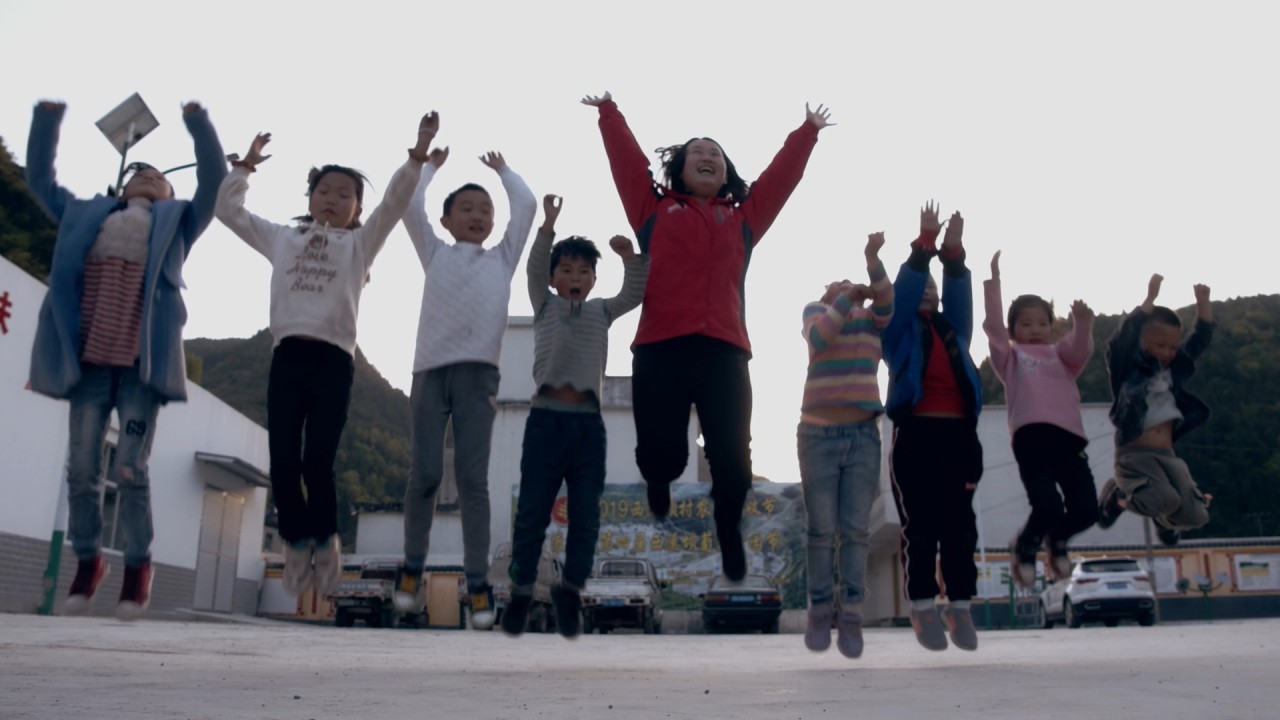On March 10, a 13-year-old from a junior high school in Handan city, in China’s northern Hebei province, went missing. A day later, his body was found in an abandoned vegetable shed with injuries to his head and back. The police acted quickly. On the same day, they detained three of the victim’s classmates on suspicion of murder.
Many in the public have called for a severe punishment. But there has been little discussion of the core of the issue: what changed the children?
But they couldn’t always take their children. Some were too busy, had no stable housing or faced restrictions in enrolling their children in city schools, so many left them at home in the care of elderly grandparents.
According to Beijing Sanzhi Shelter for Children in Distress, an NGO for migrant workers’ children, in 2020, 108 million children in China were unable to live with both parents, a figure that had increased by over 30 million since 2010. Among them, nearly 67 million were left-behind children.
Left-behind children typically suffer parental neglect and this has psychological consequences. They may grow to resent their parents, become rebellious, seek suicide, drop out of school or become troublemakers.
Why so many young Chinese are depressed – and how Beijing can help
Why so many young Chinese are depressed – and how Beijing can help
When the notorious Hunan gangster Liu Junyong was sentenced to death in 2006 at the age of 35 for his deadly crime spree, his background sparked a conversation about left-behind children. His father left to find work soon after he was born and his mother joined his father once Liu was in middle school, leaving him in the care of his grandmother. The boy who did so well in school started to neglect his homework and his grades began to slip; he eventually dropped out and began his descent into crime.
Social workers generally advocate that children live with their parents, one worker told me. They send people to check on left-behind children from time to time in the villages and also help those who move to the city adapt to urban life. But there is only so much grass-roots organisations can do, as the biggest obstacle is government policy.
But the changes are too small and slow in the face of such a deep-rooted issue, the social worker told me. He called for more radical hukou reforms or for the system to scrapped. But this is unlikely. “In the end, it’s the children who are sacrificed,” he said.
Phoebe Zhang is a society reporter with the Post


